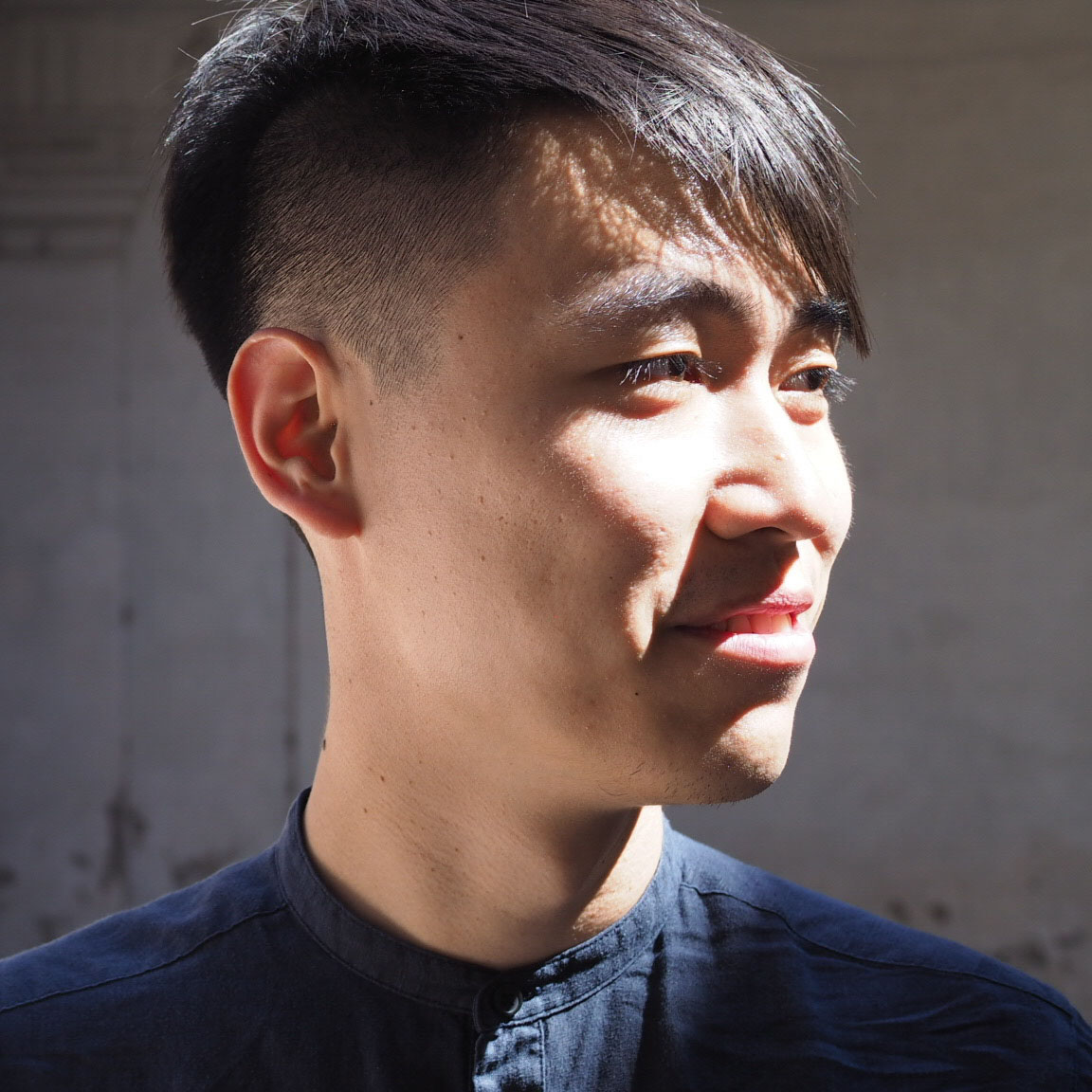What did you enjoy most at CUHK when studying Cultural Management?
We did a lot of visits to cultural organisations. The face-to-face interactions with industry experts were good exposure for us to link theories and practices. Besides, we had small class size. It allowed for more cohesion and fostered a strong bonding between students. On top of that, we had close relationships with teachers and administrative staff. We were able to receive personalised advice and support on studies and life from them.
What did you enjoy most at CUHK when studying Cultural Management?
We did a lot of visits to cultural organisations. The face-to-face interactions with industry experts were good exposure for us to link theories and practices. Besides, we had small class size. It allowed for more cohesion and fostered a strong bonding between students. On top of that, we had close relationships with teachers and administrative staff. We were able to receive personalised advice and support on studies and life from them.
What is your current role, where is it and what brought you to it?
I studied for a master’s degree in London after graduating from CUHK. I am currently working at a non-profit organisation in Hong Kong. I lead a place-making project to transform a newly activated community space in Quarry Bay into a vibrant leisure space through creative means. The knowledge I acquired in CUHK BA Cultural Management on community arts and culture-led community development has equipped me to strategically plan for the development of this new community space. Looking forward, I hope I can contribute my knowledge in cultural development and facilitate more cross-sector collaborations, bringing cultural perspectives into different domains.
How your education prepared you for your career?
Education is important not only in the sense that it aims to disseminate knowledge, but also in the sense that it develops attitudes and values. The whole person education at the University broadened my horizon and helped me recognised that people were from diverse backgrounds with different views, nurturing me as a collaborative and inclusive leader.
What advice would you give to our students?
Embrace diversity. Do not limit yourself. Practically, don’t bind yourself into the one art form or field that you love the most, or are most familiar with. Innovation usually springs from collaborations. Connecting dots that sometimes seem irrelevant may bring new chemistry and inspiration.


